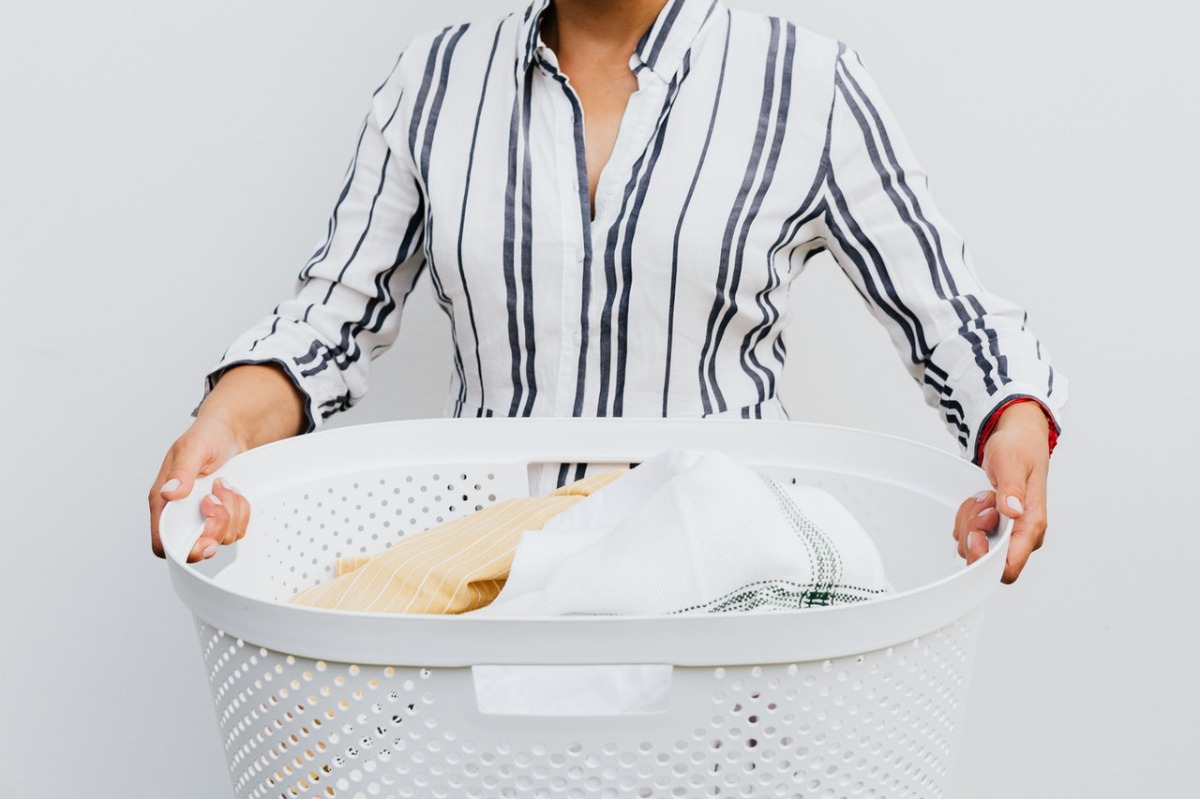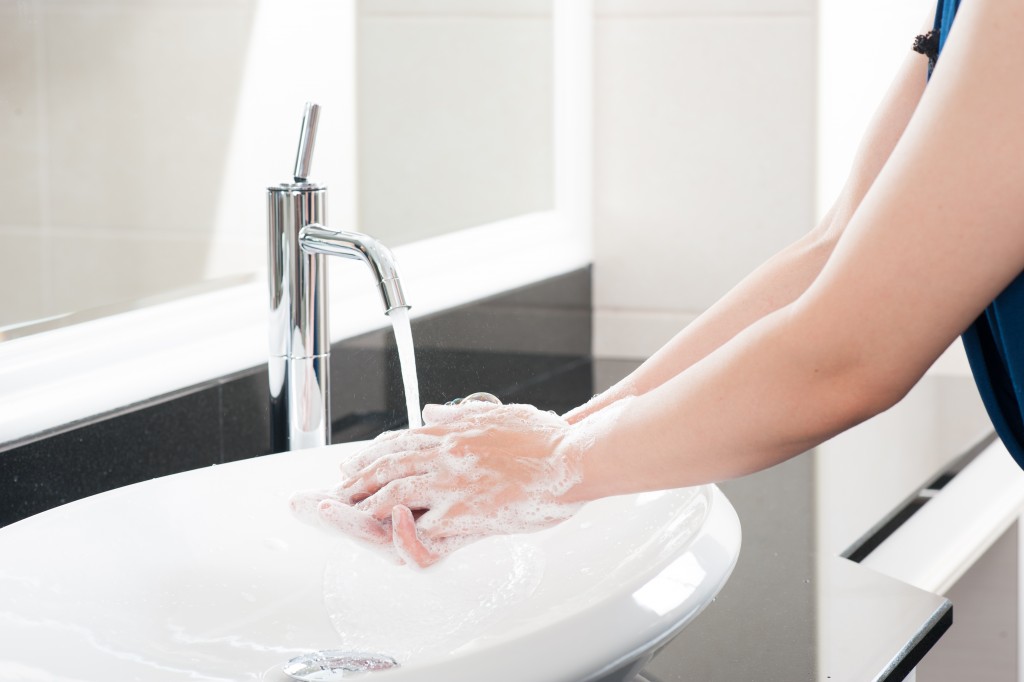Good hygiene does not just benefit you but also the people around you. It helps control and mitigate diarrheal diseases as well as enhance community social outcomes.
Proper hygiene protects us against a variety of infectious diseases that can otherwise be detrimental to our health. It promotes a healthy lifestyle and improves overall well-being. Improvements in sanitation, nutrition, and water supply are effective ways to boost hygiene and reap its benefits.
COVID-19 and Hygiene
COVID-19 has proven that community efforts effectively minimize health risks and provide more reassurance that we can keep others healthy through our actions. A lack of hygiene facilities can easily increase the chances of contracting the virus, and as we’ve heard time and time again, washing our hands is one of the best ways to prevent its spread.
Community-led Projects
Community initiatives are genius ways to promote a safer community and empower community members to be more accountable for their hygiene. People are proven to be more responsive when people around them are doing something together. This approach helps shift perspectives and encourage people to take action and be more responsible.
A hygiene promotion project should ideally include the whole community, but different groups will have varied opinions. We must take women’s roles, needs, and interests into consideration because they are typically the members of the household who ensure that good hygiene is practiced.
Core Practices
Some community initiatives to improve individual sanitation are done through the following methods:
Washing Hands with Soap and Water
This is the most basic, but it is also the most helpful. Soap removes dirt that water alone cannot discard. We touch everything, especially things that other people have touched as well. This can increase the chances of contamination. Washing your hands regularly with soap and water can prevent infections and benefit you and the people around you.

Wearing Clean Clothes
Dirty clothes can house many particles that are so small that they are not entirely visible to the naked eye. Clothes collect bacteria, making them dangerous to wear again if not washed.
Dirty underwear contains more germs from our bodies, making us more prone to infection if we wear our clothes again without washing them. To prevent dirt and bacteria from spreading all over your clothes and skin, it would be best to clean them regularly. Doing so also protects the people with which you come in contact.
This highlights the importance of good laundry services in the community. Look for laundry shops in your area that you can trust and that you can go to regularly. It should be convenient for you so you can sustain this routine. If you have a busy schedule and typically do not have time to wash your garments, dry cleaners may be the best solution.
Clean Your Things
It’s not just your body or your clothes that you have to clean. It would help if you prioritized belongings too because those are most exposed to your outside surroundings. Be tidy and maintain a clean living space to avoid bacteria from spreading and posing potential health hazards.
Benefits
Long-term Change
Effective hygiene education motivates people to make true, long-term changes in their hygiene habits. It also encourages people to have optimistic attitudes about disease-prevention activities. It’s something that everyone, regardless of age, income level, or level of education, should learn to do.
It’s also essential to give information beyond just telling people that if they don’t wash their hands, they’ll get sick from diseases they can’t see or have never experienced firsthand. This seldom works. Instead, education campaigns should be centered more on inclusive and targeted approaches toward the kinds of people in that specific community. This makes positive reception more likely and a more successful way to promote good hygiene.
Protecting the Vulnerable
Kids and seniors are amongst the most susceptible to catching infections and other diseases. Community hygiene can do so much to save the lives of children. They can spend more time at home or in school rather than in health facilities. Those with disabilities and illnesses can also be spared and live better lives, too.
Community Efforts
One of the things communities worldwide have done to improve hygiene is to upgrade sanitation facilities and make them more accessible to members of the community. There are also effective water treatment solutions like filters and disinfectants to make water safer. Communal areas like public restrooms are also being built closer to homes to make them more accessible and give people more reason to practice proper sanitation.
We are all preoccupied with our day jobs, families, and other activities we do on a day-to-day basis. This makes us more likely to forget standard practices like these. Having community efforts makes it easier for us to hold ourselves accountable and be educated on exercising good hygiene.

